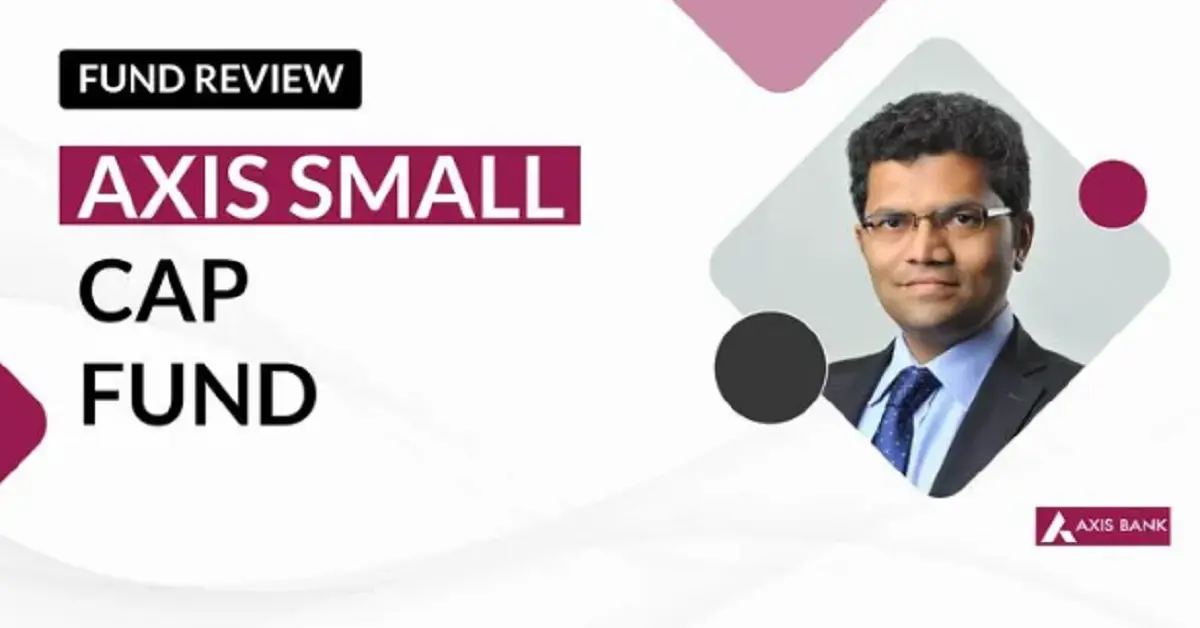If you’re planning to invest in a small-cap fund, it’s important to understand how these funds hold up during tough times. Small-cap funds are known for their high growth potential, but they also come with significant risks, especially when the market is down.
One way to understand their capabilities is through stress testing, a method that simulates unfavorable market conditions to see how well a fund can handle them. In this article, let’s see how Axis Small Cap Mutual Fund compares to its peers in these stress tests and what it means for you. Let’s get started.
What is a Stress Test?
Before we jump into the details, let’s understand what a stress test actually is. A stress test is designed to evaluate how a fund would perform under extreme market conditions, like a sudden economic crash or a market correction.
The stress test is crucial for small-cap funds as they invest in smaller companies that are more sensitive to market changes. It gives you an idea of how your investment might be affected when things get unstable.
About Axis Small Cap Mutual Fund
The Axis Small Cap Fund has shown resilience in various market conditions, but how does it perform when put to the test? According to recent stress test results, Axis Small Cap Fund would take 14 days to liquidate 25% of its small-cap portfolio and 28 days to liquidate 50% of its portfolio.
It is important to take note of this liquidation period because it tells us how quickly a fund can convert its investments into cash during a market crisis.
How Does Axis Compare to Other Small Cap Funds?
While Axis Small Cap Fund might take longer to liquidate its assets, it’s not the only factor to consider. The overall performance and risk management of the fund also play an important role. Axis Equity MF has continued to be among the top performers in its category. The small-cap fund has delivered strong returns over the years.
When compared to its peers, Axis Small Cap Fund is relatively slower in liquidating its assets. For example, the Edelweiss Small Cap Fund can liquidate 50% of its portfolio in just 2 days. Other funds like Quant Small Cap Fund and Franklin India Smaller Companies have also shown quicker liquidation times, with Quant taking 22 days for 50% and Franklin India taking 12 days.
A fund that can quickly liquidate its assets during a crisis is generally considered safer because it can meet your redemption requests faster. However, a slower liquidation doesn’t mean a fund is bad.
It could mean that the fund has invested in companies with less liquidity, which might offer higher returns but are harder to sell quickly.
Conclusion
Axis Small Cap Fund stands as a strong performer in the small-cap category but does have a slower liquidation time compared to some of its peers during stress tests. You must weigh the fund’s strong long-term returns against its potential liquidity risks during market downturns.
If you’re okay with the slower exit in exchange for potentially higher returns, Axis Small Cap Fund could be a good choice for you. However, if you want quick access to your money, you might want to explore other options that offer faster liquidation during stressful market conditions. Do not forget to assess your long-term financial goals and risk tolerance level, before making an investment decision for your mutual funds.

